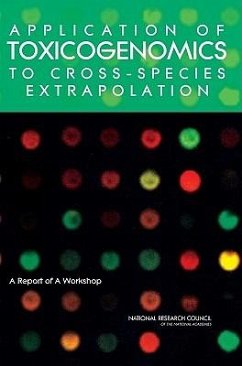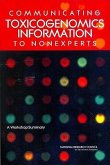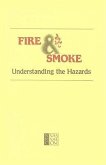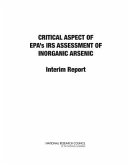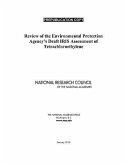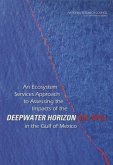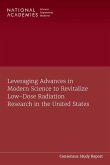Some of what we know about the health effects of exposure to chemicals from food, drugs, and the environment come from studies of occupational, inadvertent, or accident-related exposures. When there is not enough human data, scientists rely on animal data to assess risk from chemical exposure and make health and safety decisions. However, humans and animals can respond differently to chemicals, including the types of adverse effects experienced and the dosages at which they occur. Scientists in the field of toxicogenomics are using new technologies to study the effects of chemicals. For example, in response to a particular chemical exposure, they can study gene expression ("transcriptomics"), proteins ("proteomics") and metabolites ("metabolomics"), and they can also look at how individual and species differences in the underlying DNA sequence itself can result in different responses to the environment. Based on a workshop held in August 2004, this report explores how toxicogenomics could enhance scientists' ability to make connections between data from experimental animal studies and human health.
Hinweis: Dieser Artikel kann nur an eine deutsche Lieferadresse ausgeliefert werden.
Hinweis: Dieser Artikel kann nur an eine deutsche Lieferadresse ausgeliefert werden.

